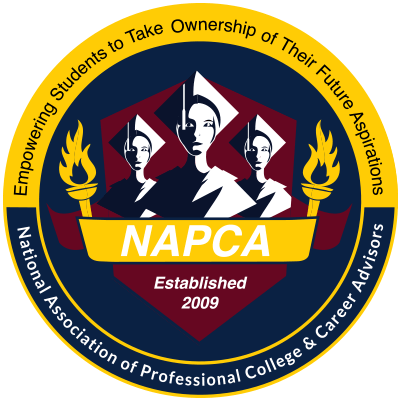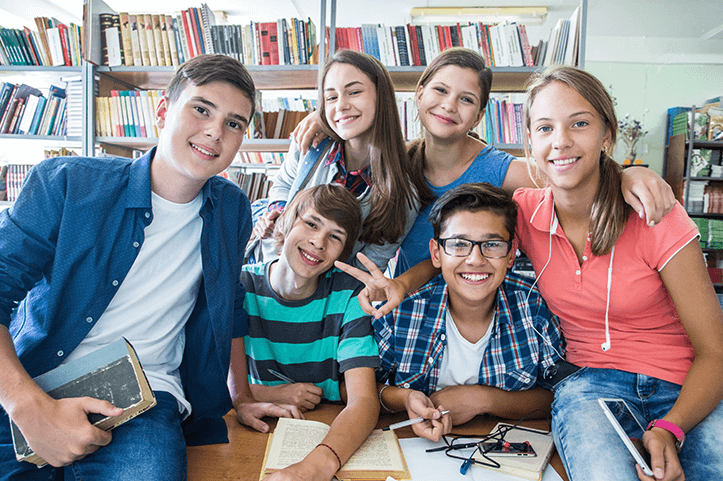Committed to Closing the College and Career Aspirations
Attainment Gap for All Students
With the right support and education, we believe all learners have the power to turn their future college and career aspirations into realities.
About the Research Institute for College & Career Readiness
The Research Institute for College & Career Readiness advances innovative, scalable solutions to improve postsecondary outcomes for all students – especially among underserved populations and to enhance the performance of K-12 schools and districts with respect to preparing all students to be college and career ready. The Research Institute for College & Career Readiness is a division of the NAPCA Foundation, one of the world’s premier centers for college and career readiness, whose mission is to “close the college and career aspirations – attainment gap” by empowering students with the tools and mindsets to define their life’s purpose/career path, break through their barriers, and complete a postsecondary education degree or career training certificate or licensure program, specifically to enter careers that provide a sense of purpose and meaning to their lives.
The Data Driving Our Work
According to the Center on Education and the Workforce at the University of Georgetown, there will be 55 million job openings in the economy through 2020: 24 million openings from newly created jobs and 31 million openings due to Baby Boomer retirements. Of these job openings, 65% will need to be filled by someone who has completed at least some type of post secondary education (Carnevale, 2014). This makes college degree attainment more important than ever. However, college achievement is skewed: Students who have been systemically locked out of higher education (e.g., students of color, first-generation, low-income) face significant barriers enrolling in, attending, and graduating from college. As a result, while 78% of high school graduates from high-income families enroll in some form of postsecondary education or training, only 46% of high school graduates who grew up in low-income families manage to do the same (Cahalan et al, 2018; Mortenson, 2018). In fact, only 11% of low-income students earn a bachelor’s degree by the age of 24 compared to roughly 80% of students from high-income families (Cahalan et al, 2018; Mortenson, 2018). Overwhelmingly, most low-income students begin their postsecondary education at community colleges. Yet, nationally of all students who begin at a community college, only 14% transfer and complete a bachelor’s degree within six years.
In addition, nearly two-thirds of all students who enroll in community college test below college-ready standards in Math and/or English Language Arts (NCPPHE & SREB, 2010; Center for Community College Student Engagement, 2016; U.S. Department of Education, 2019). Of these students, 50% place two or more levels below college-ready in at least one subject area. Each of these women and men enroll in college with the intent of attaining a degree, yet 72% of them will not graduate, even after eight years (U.S. Department of Education, 2019). Furthermore, this research shows that 7 out of 10 low-income students will have a hard road ahead. They are twice as likely to be unemployed, earn half as much as college graduates, and more likely to end up in poverty (Pell Institute, 2019). America’s future rests on our ability to develop the talent of all students regardless of their background.
Our History
Founded in 2020 with a generous gift from several donors that believe in our mission and vision.
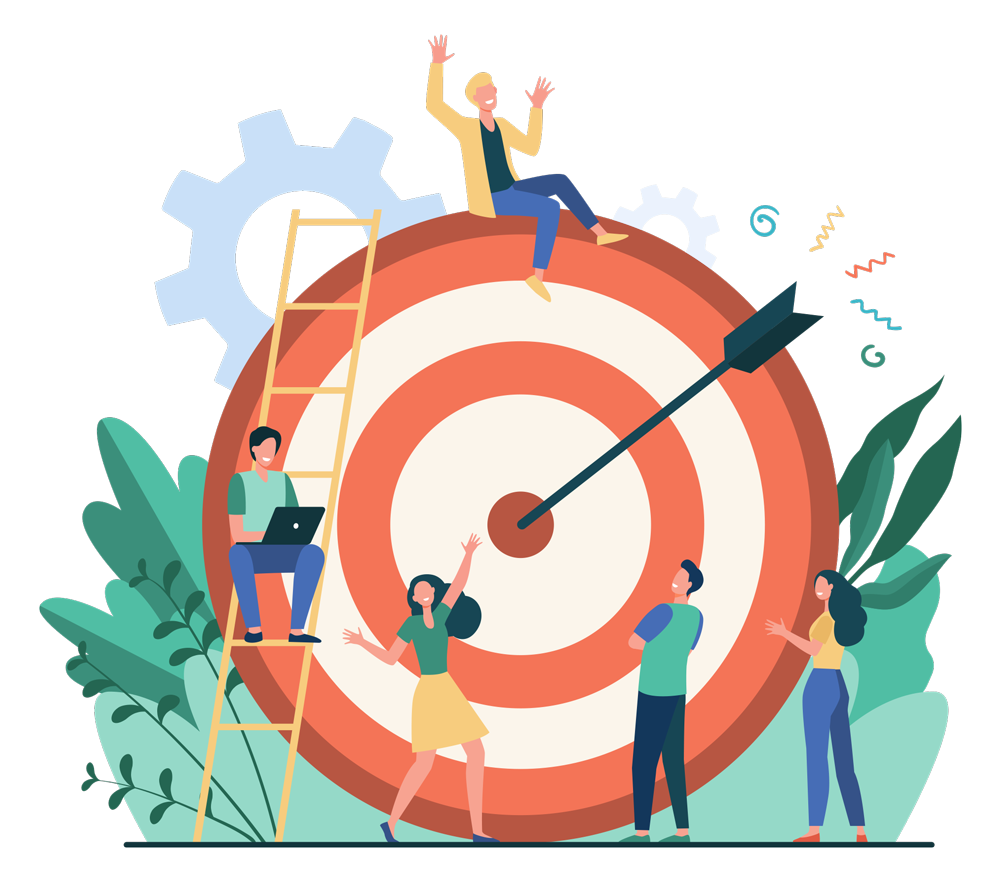
Our Mission
The mission of the Research Institute for College & Career Readiness is to “close the college and career aspirations – attainment gap” by empowering students with the tools and mindsets to define their life’s purpose/career path, break through their barriers, and complete a postsecondary education degree or career training certificate or licensure program, specifically to enter careers that provide a sense of purpose and meaning to their lives.
We see this achieved by bringing a multidisciplinary perspective to complex social, political, and economic issues in college and career readiness, retention, career exploration and planning, and accountability for underserved students—and the effectiveness of the K-12 schools that serve them. Both directly and through our research, we engage with institutional leaders, policymakers, and the community at large to address the major challenges in educational equity today.
Our Vision
The vision of the Research Institute for College & Career Readiness is the realization of a world, where all learners—regardless of their socioeconomic background, which neighborhood or zip code they grew up in, or the color of their skin—have access to quality education and career opportunities and the necessary supports to succeed. With the right support and education, we believe all learners have the power to turn their future college and career aspirations into realities.
We envision this to be supported by the development of scalable and innovative solutions, a strong research-practitioner-policy relationship that enhances the impact of our research, and systemic work at the national, state, and local levels. We see this achieved through our specific focus on academic preparation for college, college and career readiness counseling, social and emotional learning, leadership and culture change, and technology.
Current Research Projects
Career Exploration & Planning Guidebooks

Our career exploration and planning guidebooks (which will include a general guidebook and multiple career-specific guidebooks) provide a four-phase career exploration and planning process to help students choose and explore their desired career path, specifically to enter a career that provides a sense of purpose and meaning to their lives. This four-phase process involves self-exploration and discovery of core values and interests, conducting an in-depth analysis of a broad career field of interest, choosing and exploring a career specialty, and developing an extensive education and career plan. The Cognitive Information Processing (CIP) model serves as the basis for all career exploration and planning guidebooks.
Social & Emotional Learning Workbooks

Written specifically for pre-teens and teens, our social and emotional learning workbooks will empower students with the knowledge, skills, and mindsets to address the barriers that they must overcome to reach their college and career goals. The workbooks will help students form healthy identities, feel and show empathy for others, and establish and maintain supportive relationships. Additionally, students will be provided with the tools to make informed, responsible decisions, manage their emotions and impulses, and control negative thoughts and feelings. The overall message and examples used in workbooks will be relevant to the academic and non-academic issues pre-teens and teens deal with along with recommendations on how to approach dealing with them.
Career Simulation
Workbooks

Our career simulation workbooks provide students with hands-on experience with a variety of careers to help them learn about various career paths to discover their future career interests. The career simulations will help students consider which careers are of interest and utilize provided career exploration and planning resources to explore their career interests in more depth. The goal is to provide true-to-life career simulation exercises that help students consider the following questions: What are my career interests? How do my career interests and core values translate to potential careers? What are my career options? Which careers haven’t I considered?
After completing career simulation exercises, students will be able to determine if they would like to further pursue the career field before committing energy and time to explore the career in more in-depth.
College Readiness
Workbooks
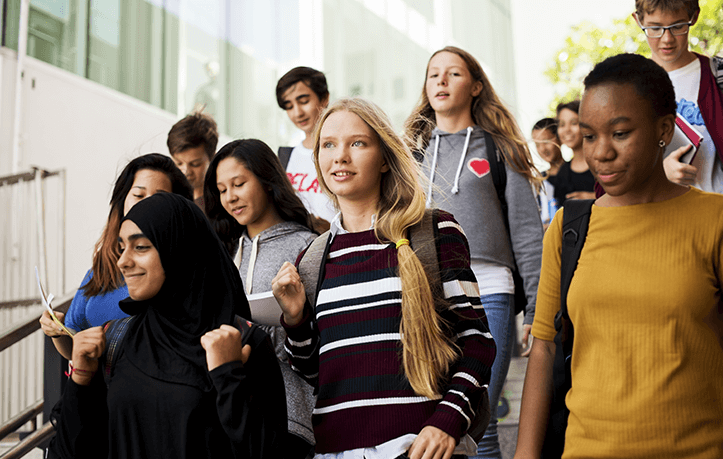
Our college readiness workbooks will provide students with the mindsets, tools, and resources to help them enter and complete a postsecondary education degree or career training certificate or licensure program, specifically to enter careers that provide a sense of purpose and meaning to their lives.
Career Readiness
Workbooks

Our career readiness workbooks are intended to help students enter the workplace with the knowledge and skills needed to find, acquire, maintain, and grow within a job in today’s modern workforce. The workbooks will include content such as developing an effective resume and cover letter, completing job applications, developing networking and interview skills, and developing a mindset that will drive success.
Academic Skills Development
Workbooks
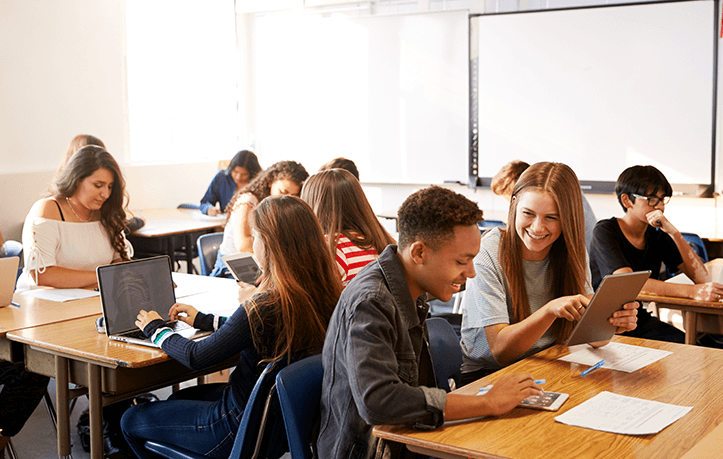
Our academic skills development workbooks will help students become autonomous, self-regulated learners who are equipped with transferable skills for success in college and the workplace. The workbook will include a wide range of academic skills content, such as time management, note-taking, memory and concentration, overcoming procrastination, goal setting, textbook reading, and exam preparation techniques, to help students acquire new learning strategies, improve academic performance, and become a more effective learner.
Career Exploration and
Planning
A Comprehensive Approach

Our career exploration and planning textbook is an inclusive, integrated system of career exploration and planning learning activities intended to improve postsecondary outcomes for all students – especially among underserved populations. The textbook will provide a curriculum to implement college and career readiness programming in K-12 schools and districts as well as two and -four-year colleges with respect to preparing all students to choose careers that provide a sense of purpose and meaning to their lives. We will present four different editions of the textbook, written specifically for elementary, middle, high school, and college students.
Building Your Personal Strategic Action Plan
Education & Career Planning Workbook
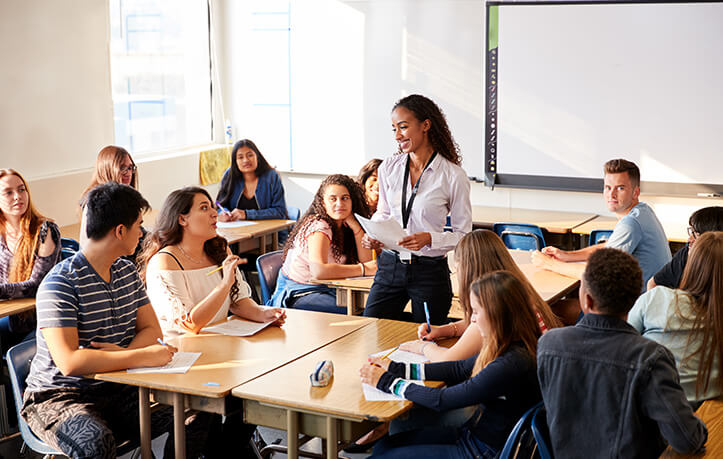
This workbook outlines a straightforward personal strategic action planning approach and incorporates the following components:
Conducting a self-assessment and 360-degree review of core values and interests
Conducting a career field analysis
Conducting a skills gap analysis
Conducting an in-depth analysis of a career specialty
Writing a personal mission statement
Developing career-focused SMART goals
Creating action steps that align with each SMART goal
Identifying costs, potential barriers, and roadblocks
Building your action plan
Implementing your action plan
Evaluating your progress
The Ten Components of College & Career Readiness

NAPCA’s Ten Components of College and Career Readiness has been created to guide school counselors and college and career counselors while implementing college and career readiness programming in K-12 schools. The components are considered a systemic approach for school counselors to “build aspirations and social capital, offer enriching activities, foster rigorous academic preparation, encourage early college and career planning, and guide students and families through the college admission and financial aid process.
Our Team
Dr. John Suozzi
Research Director
Julie Van
Research Coordinator
Rachael Wingfield
Research Coordinator
Mary Ann Mace
Research Assistant
Selenna Villanueva
Research Assistant
Nicole Maggi
Editor-In-Chief
Dr. Aaron W. Smith
Executive Director
General Inquiries
Media Inquiries
Dr. Aaron Smith
Mailing Address
NAPCA Foundation
Office of Research & Evaluation
Research Institute for College & Career Readiness
2600 W. Olive Ave. 5th Floor
Burbank, CA 91505
Thank you for your interest in the Research Institute for College & Career Readiness at the NAPCA Foundation. If you have questions about partnering with us, employment or a general inquiry, we invite you to email us. This ensures you’ll hear from the appropriate person and get the best possible information. Due to COVID-19, we will respond to general questions within two business days.
